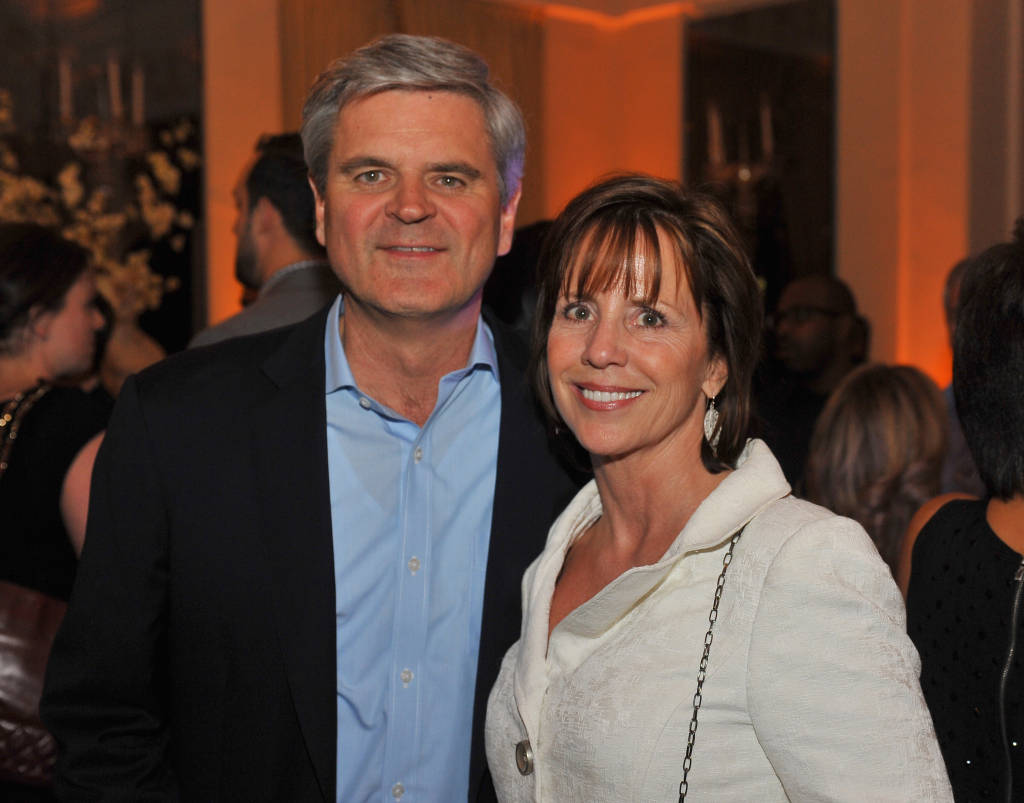WASHINGTON — When you hear the word “startup,” do you think of 20-something CEOs who dress in hoodies and work in offices that have ball pits instead of break rooms?
And does that face under the hoodie belong to a white male?
If the answer is “yes,” you are not alone.
“Google ‘successful entrepreneurs’ and see what comes up,” challenged Jean Case, a former AOL executive and CEO of The Case Foundation. “We were stunned to see in one of our searches it was all white males.”
This is not because white males are the only demographic launching successful businesses. In fact, Case says women-owned firms are the fastest-growing segment of new firms. African-American-founded firms are growing at a rate of 60 percent, and Hispanic entrepreneurs have tripled to more than 2 million in America.
But something is keeping these businessmen and women from landing on the Fortune 500 list — and Case says it’s access to venture capital, which she dubs “jet fuel” for new firms.
“You know, it really has almost become the secret sauce that is behind many of the breakout new companies and many of the entrepreneurs,” she explained.
In recent years, only about 10 percent of capital has gone to women.
“Flip that and it means 90 percent has gone to men,” said Case, who also owns Early Mountain Vineyard in Madison County, Virginia. “Only 1 percent to firms with an African-American founder, and probably most surprising is that 70 percent of venture capital has gone to just three states” — those being California, New York and Massachusetts.

Case, who spoke on the topic at the recent TEDx mid-Atlantic conference in Washington, D.C., says the reason money is not going to minority groups boils down to one thing: unconscious bias, or the act of unintentionally gravitating to those most like us.
“People that we’re most familiar [with], who are similar to us, are often those we feel most comfortable with,” Case told WTOP.
“Not surprisingly in venture capital and investing, too often it is white males. In fact, the data says that 93 percent of investors at the 100 leading firms are men.”
Pumping most of that money into similar startups doesn’t allow for much diversity in ideas and in products.
In her TEDx talk, Case highlighted entrepreneurs like Shazi Visram, founder and CEO of the organic food brand Happy Family, and Steph Speirs of the solar company Solstice.
In the D.C. area, José Andrés and Sheila Johnson are great examples of business leaders from minority backgrounds who have helped to ignite change in the local community with innovative approaches to food and entertainment.
“Many of these diverse entrepreneurs have lived very different problems, so they’ll bring very different solutions,” Case said.
The first step to bringing diversity to the startup scene, Case says, is to recognize unintentional bias and practice intentional habits to overcome it. The second is to provide more incubators and accelerators where small startups can seek support and identify investors.
“Everyone deserves a shot at the American dream,” Case said. “This is a powerful business and innovation proposition for our nation.”







